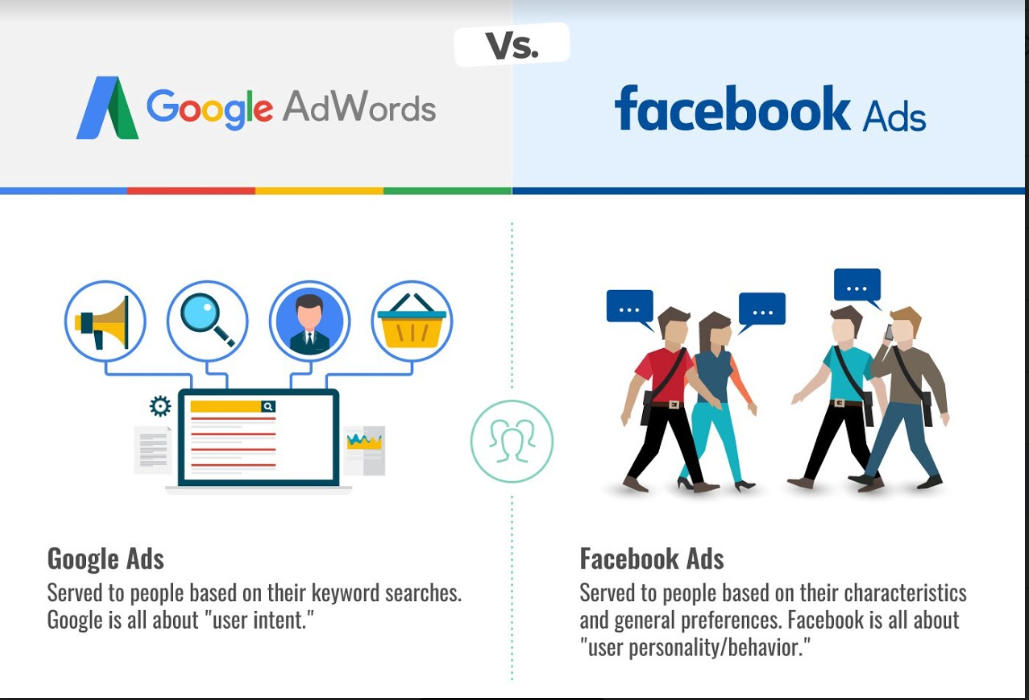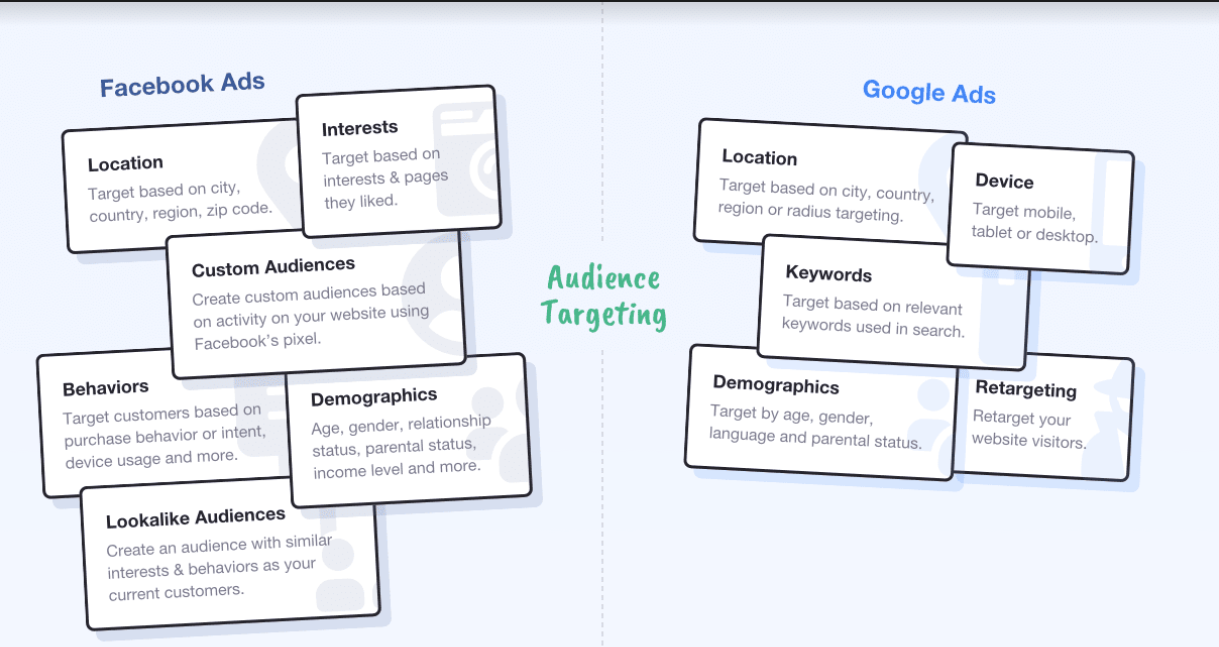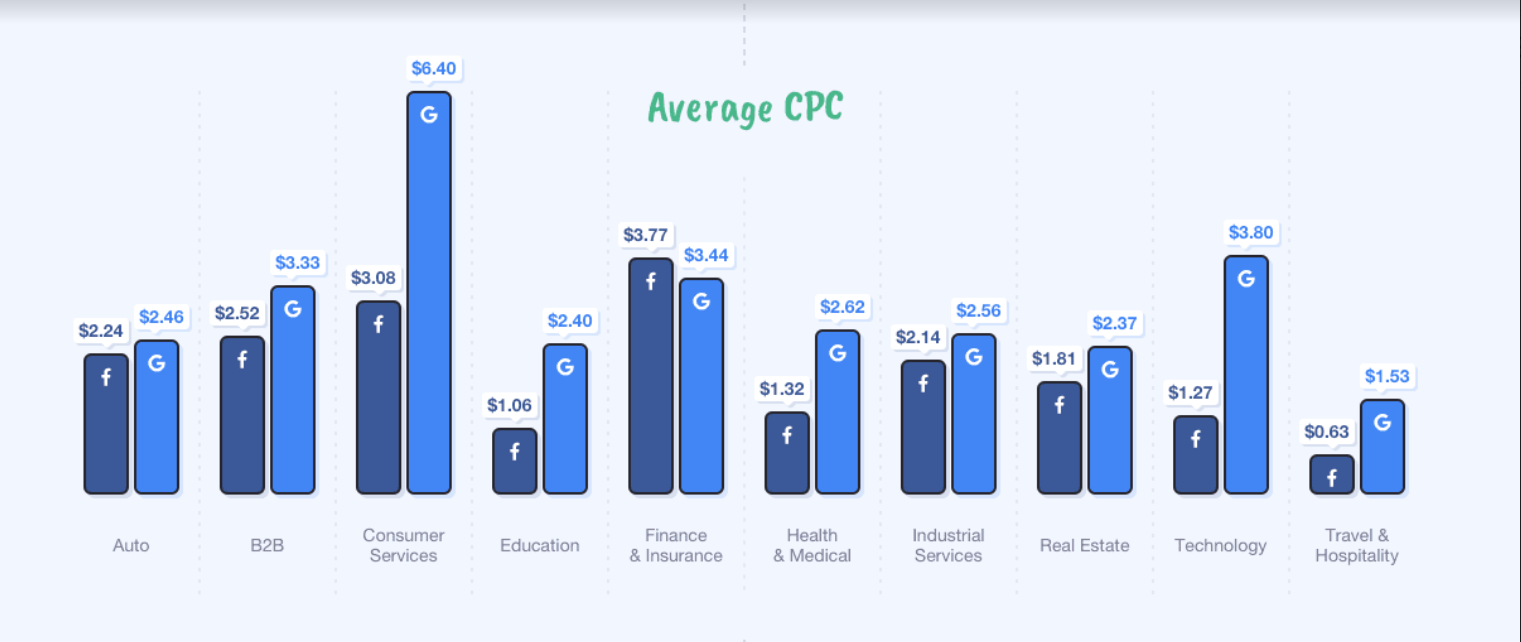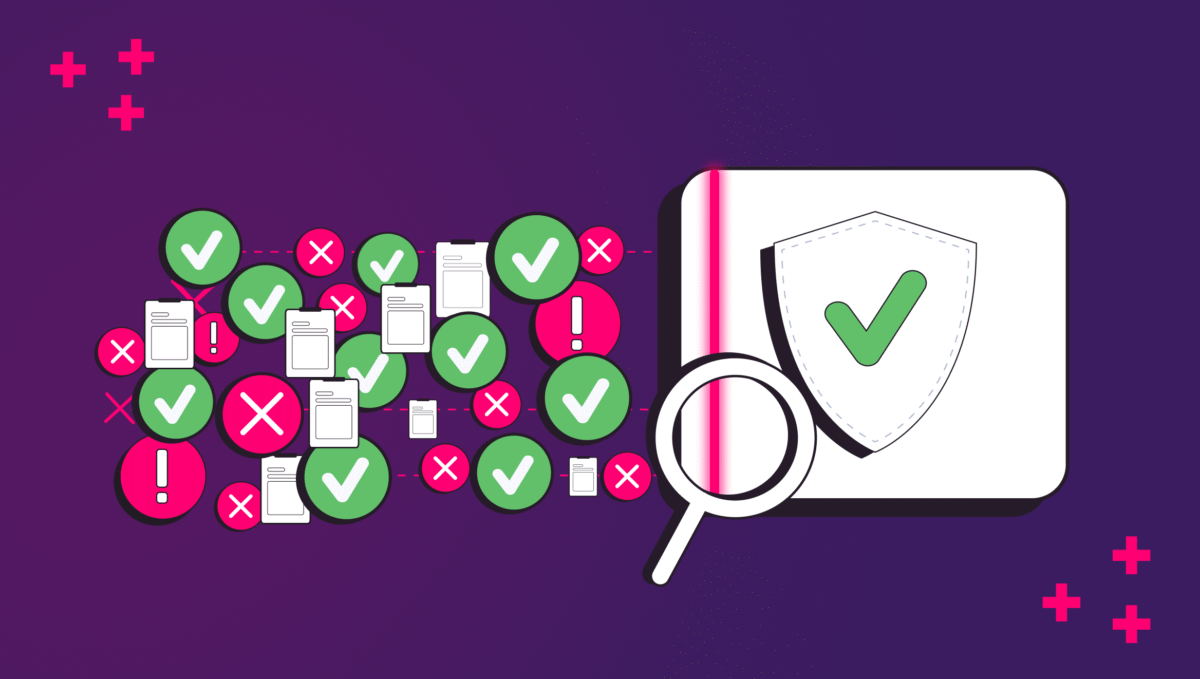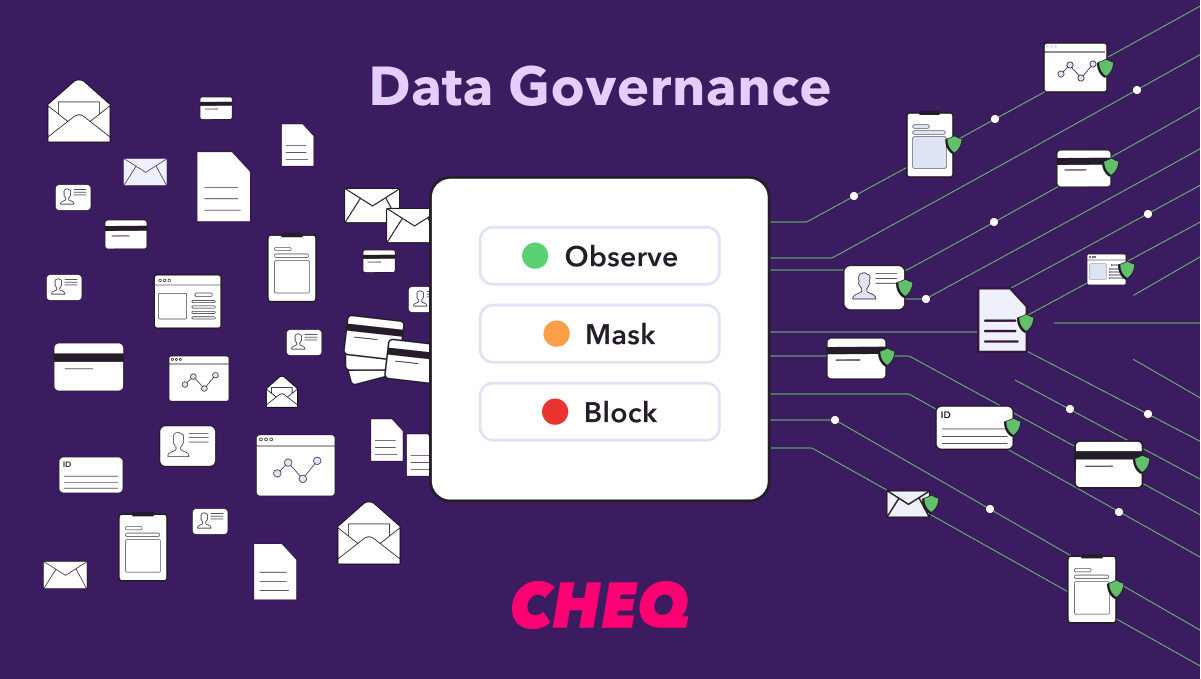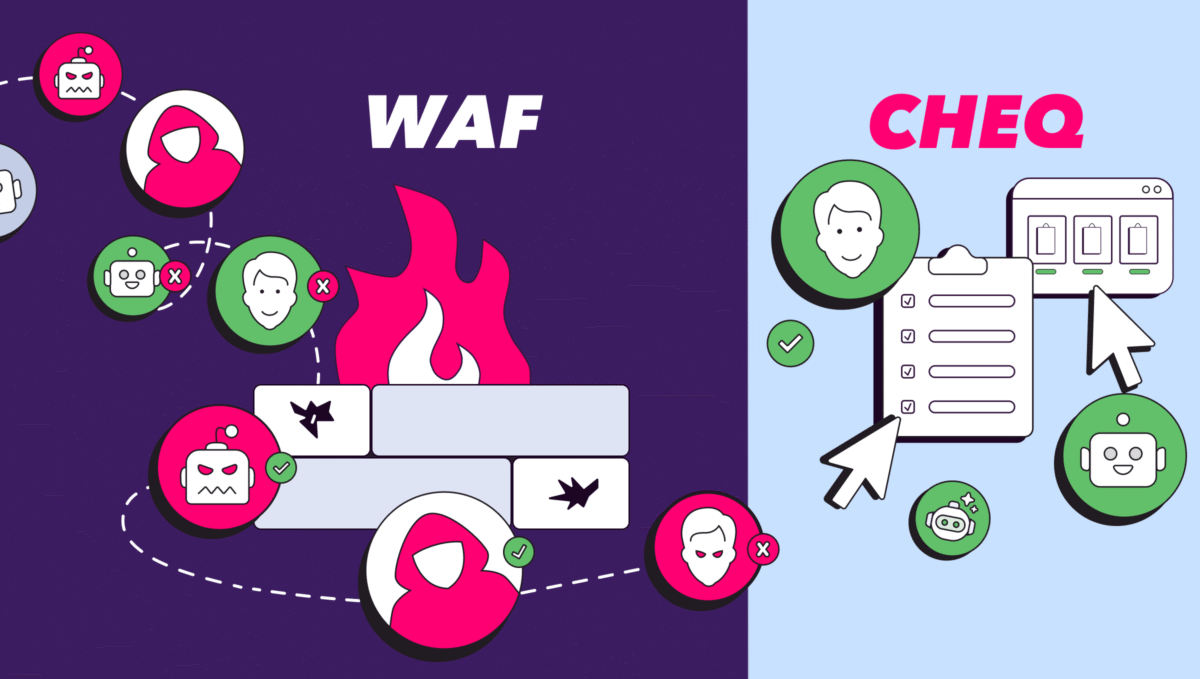Facebook Ads vs. Google Ads: What You Need to Know
Kerry Coppinger
|Marketing | June 11, 2020

If you’re looking to advertise your products or services online, you’re probably looking into the two biggest advertising platforms around: Facebook Ads and Google Ads.
These two platforms have a number of similarities, but also a large number of differences.
In this post, we’re going to go over some of the most important things you should keep in mind when deciding where to advertise your business, as well as discuss the crucial points in the Facebook Ads vs. Google Ads debate.
User Intent
Where do you turn to first when you are looking to buy a product?
If you are like most people, you’ll do a Google search and look for a website that sells whatever you’re looking to buy.
At this point, you’re seriously interested in making a purchase. This makes Google’s search ads a great opportunity for businesses that would like to get their products in front of users like yourself that have explicitly shown purchase intent.
Most Facebook users, on the other hand, aren’t in a buying mood when they’re using the platform. Instead, they’re looking to socialize, catch up with the latest updates from their friends, or simply procrastinate by mindlessly scrolling through their news feed.
While you can certainly generate sales using Facebook ads, you’ll get more out of the platform if you focus on using it to build brand awareness.
Targeting
Google Ads’ targeting is based on the keywords users type in and the behavior they exhibit. You can also use the platform to target users based on their age, gender, device, and location.
While you can do all of this with Facebook Ads as well, Facebook’s advertising platform also supports advanced targeting options that allow you to target users based on their interests, work history, and even marital status, creating hyper-specific audiences for your advertising campaigns.
You can also use the lookalike audiences feature to target users who are similar to an existing audience (e.g., your current customers).
This is all made possible thanks to the vast amount of data Facebook has collected on its users. As an advertiser, you can take advantage of this data to create highly targeted ads that generate high conversion rates.
Ad Formats
While Google has introduced a number of new ad formats in recent years (such as Responsive Search Ads, Product Listing Ads, and video ads), it’s best known for its text-based ads that are displayed on search results pages every time users perform a search.
While seemingly plain, these ads can be enriched using ad extensions to display a business’ location or phone number, as well as a product’s price or reviews.
Facebook’s ads, on the other hand, are inherently visual and usually consist of an image or video accompanied by textual copy. As such, they easily blend in with regular content that’s displayed in users’ news feeds. Facebook offers a wide variety of ad formats, including image, video, carousel, collection, and dynamic product ads.
Engagement Rates
Google Ads and Facebook Ads are also vastly different when it comes to engagement rates.
Ads on Google’s search network get an average click-through rate (CTR) of 3.17%, while the average CTR of Facebook ads is a lot lower at 0.9%. However, Facebook ads boast a lower average cost-per-click (CPC) of $1.72 compared to Google Ads’ $2.69.
Additionally, the average conversion rate of Facebook ads is almost three times higher than that of ads on Google’s search network.
Note that CTR, CPC, and conversion rates vary by industry on both platforms.
Ease of use
While the Google Ads interface is data-focused, the Facebook Ad Manager is more intuitive and user-friendly.
In general, it’s easier to start using Facebook Ads but harder to learn the more advanced features of the platform’s ad manager. However, the Facebook Ad Manager has a lot more advanced options compared to Google Ads, making it hard to master.
Google Ads, on the other hand, is harder to get started with but easier to manage once you get accustomed to the platform.
Facebook Ads vs. Google Ads: When to Use Each
If you got this far, you’re probably wondering which of these two platforms is the right choice for your business.
The answer to this will depend on your business’ specific needs, goals, budget, and industry.
In general, B2C and B2B businesses focused on conversions and bottom-of-the-funnel advertising will be best off using Google Ads. This is because the nature of Google Ads’ targeting makes it easy for advertisers to reach users that are ready to make a purchase.
However, if you have a unique, innovative product that has the potential of going viral, or one whose major selling point is its visual appearance, you should definitely consider promoting it using Facebook ads. Facebook’s visual ad formats and the social nature of the platform will help you generate better results for those types of products.
You do need to keep in mind that Facebook users aren’t usually in a buying mood when they’re using the platform, so you’ll be best off using Facebook ads to build brand awareness. With Facebook ads having a significantly lower average CPC compared to ads on Google’s advertising platform, Facebook is also usually the better choice for businesses with a smaller advertising budget.
Finally, there’s no rule that says you can’t advertise on both Facebook and Google at the same time. If you have the budget for it, use both platforms and see how well they perform for your business.
Prevent invalid clicks on Facebook Ads and Google Ads with CHEQ
Click fraud can be a challenges with both Facebook and Google ads. It costs advertisers billions of dollars every year, increasing their CPCs and lowering their overall return on investment. If you’re serious about generating a high return on your advertising spend, you need to find a way to protect your advertising campaigns from click fraud.
CHEQ is a click fraud prevention solution designed to protect advertisers from various forms of click fraud. It supports a number of advertising platforms, including Google Ads and Facebook Ads.
Want to protect your sites and ads? Click here to Request a Demo.
